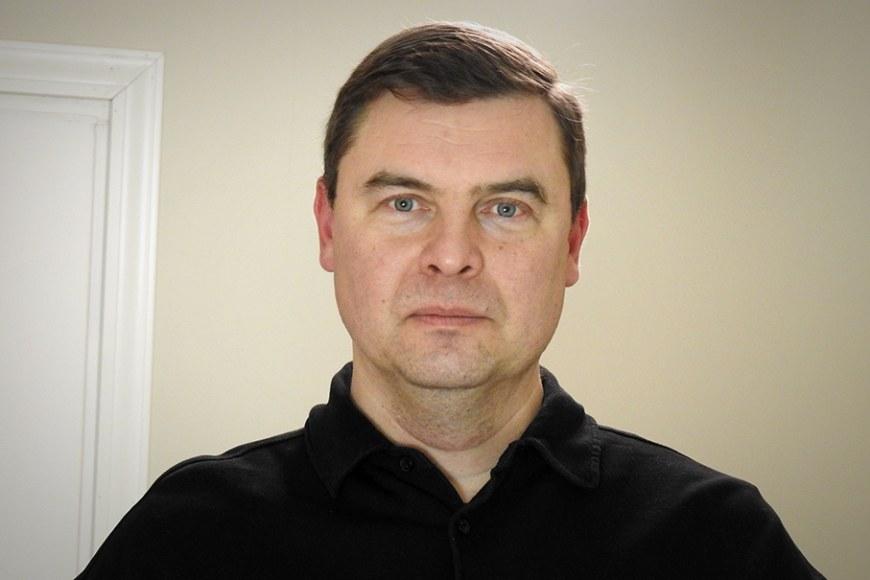
The form of the dissertation is interpretive dialogue. In this dialogue, a few key topics for discussion in psychotherapy research are placed in dialogue with Wittgenstein’s views. These topics are: 1) the role of interaction and form of therapy in relation to the effectiveness of psychotherapy as a form of treatment, 2) the idea of a common basic process underlying different forms of psychotherapy, and 3) the role of explaining the client's life challenges in therapy.
When reading Wittgenstein's texts from the point of view of psychotherapy interests, three entities become central to the work. These construct it from the peculiar perspective from which Wittgenstein looks at language. This perspective is constructed from abandoning the referentialist presupposition of meaning, shifting the point of view into interpersonal practice to understand meaning, and looking at the phenomenon of language from a naturalistic perspective. From the point of view of psychotherapy, these factors play a decisive role in what, on this basis, psychotherapy can be seen to be and what we see the psychotherapist doing.
When these components of Wittgenstein’s perspective are directed at psychotherapy, psychotherapy seems to change shape. The transformation is accentuated when it is compared at work with the Freudian image of psychotherapy as the medicine of the human mind. At the same time, the work reveals that Wittgenstein's perspective seems to be in a rather natural connection with the views arising from the scope of the integrative approach to psychotherapy.
When looking at the psychotherapy situation from a Wittgensteinian perspective articulated at work, the subject-object model is abandoned, in which the patient is the subject of precise measures determined by the psychotherapist's observations, theoretical knowledge and form of therapy. It is being replaced by a way of looking at where meaning arises in the changing reality of human interaction. In this case, the technical measures proposed by the forms of therapy and taking place in language are inseparable from the prelinguistic and primitive natural ways of reacting between people.
In this case, the work of the psychotherapist can be seen primarily as a skilled professional activity, a negotiation of meanings. This activity takes place, as in the methods of Wittgenstein's later philosophy, at the grammatical level of consideration. In doing his work, the psychotherapist seeks to study the meanings of the linguistic expressions used by his client, not so much as the client's “mind”.
From this point of view, such activity can only be carried on from the perspective of fellow humanity. Our common involvement in the shared form of life and the human phenomenon of language enables us to understand the meaning of the expressions used by the client, to participate in the language game, and further to change meanings.
The primary premise of this psychotherapist's activity is not theoretical knowledge or empirical truth, but an activity that is specific to humanity.
The doctoral dissertation of M.A. Petri Myllyniemi in the field of philosophy titled Parantava puhe kielipelinä – Myöhäiswittgensteinilainen näkökulma psykoterapiaan will be publicly examined at the Faculty of Social Sciences of Tampere University at 12 o'clock on Friday 18 December, 2021. The venue is Pinni B building auditorium 1096, address: Kanslerinrinne 1. Docent Hannes Nykänen from Åbo Akademi University will be the opponent while docent Jani Hakkarainen will act as the custos.
According to the latest coronavirus policy, anyone coming to a dissertation defence from outside the university community must present their COVID-19 Certificate and their ID upon arrival. University employees must present their staff ID and students their student ID.
The event can also be followed via remote connection.
The dissertation is available online at
http://urn.fi/URN:ISBN:978-952-03-2219-9
Photo: Johanna Kestilä
